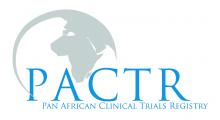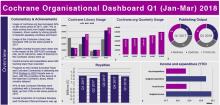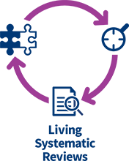On Friday, 29th June 2018, Cochrane enthusiasts from all over Croatia and neighbouring Bosnia and Herzegovina gathered in Split, at the University of Split School of Medicine, for the 10th Annual Croatian Cochrane Symposium. They were rewarded for their efforts with excellent presentations from this year’s invited speakers: Prof. Taryn Young, Director, Centre for Evidence-based Healthcare, Chief specialist scientist, Cochrane South Africa and Head, Division of Epidemiology and Biostatistics at Stellenbosch University, South Africa; Dr Tamara Lotfi, Secretariat Coordinator for the Global Evidence Synthesis Initiative and Ms. Selena Ryan-Vig, Communications & Engagement Officer at Cochrane UK and former facilitator of Students 4 Best Evidence (S4BE).
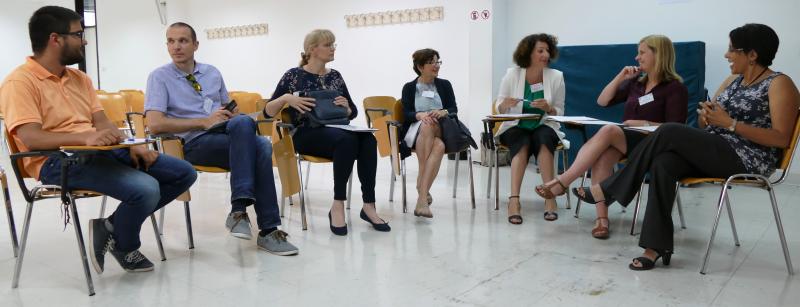
The topic of this year’s symposium ‘Building capacity for Cochrane Systematic Review production and dissemination’ drew a varied crowd of participants, from journal editors and health professionals to students and representatives of patient/consumer organisations. They had the opportunity to learn from Prof. Young how evidence maps are created and their role in informing research and practice, from Dr. Lotfi how to build capacity for systematic review production in research centres in LMICs, whereas Ms. Ryan-Vig enlightened students on their role in Evidence-based Health Care and provided numerous incentives for joining S4BE. Dr. Tina Poklepović Peričić, Co-Director of Cochrane Croatia, gave a thorough overview of the training materials available through Cochrane for capacity building and announced a new online training course in Croatian.
Given that 2018 also marks the 10th anniversary of the founding of Cochrane Croatia, Asst. Prof. Irena Zakarija-Grković, Co-Director of Cochrane Croatia, gave a brief overview of the first ten years of Cochrane Croatia, from first deliberations between Prof. Ana Marušić and Sir Iain Chalmers in 1994 on establishing a Cochrane Group in Croatia, followed by talks with Prof. Alessandro Liberati in 1997 about creating a Branch of the Italian Cochrane Centre in Croatia, which was realised in 2008, to the promotion of Cochrane Croatia to full, independent centre status in 2017. This was followed by a presentation on the vision and mission of Cochrane Bosnia and Herzegovina, Cochrane Croatia’s first Affiliate, founded in 2018, which was delivered by Cochrane Bosnia and Herzegovina’s first Director, Dr. Filipa Markotić.
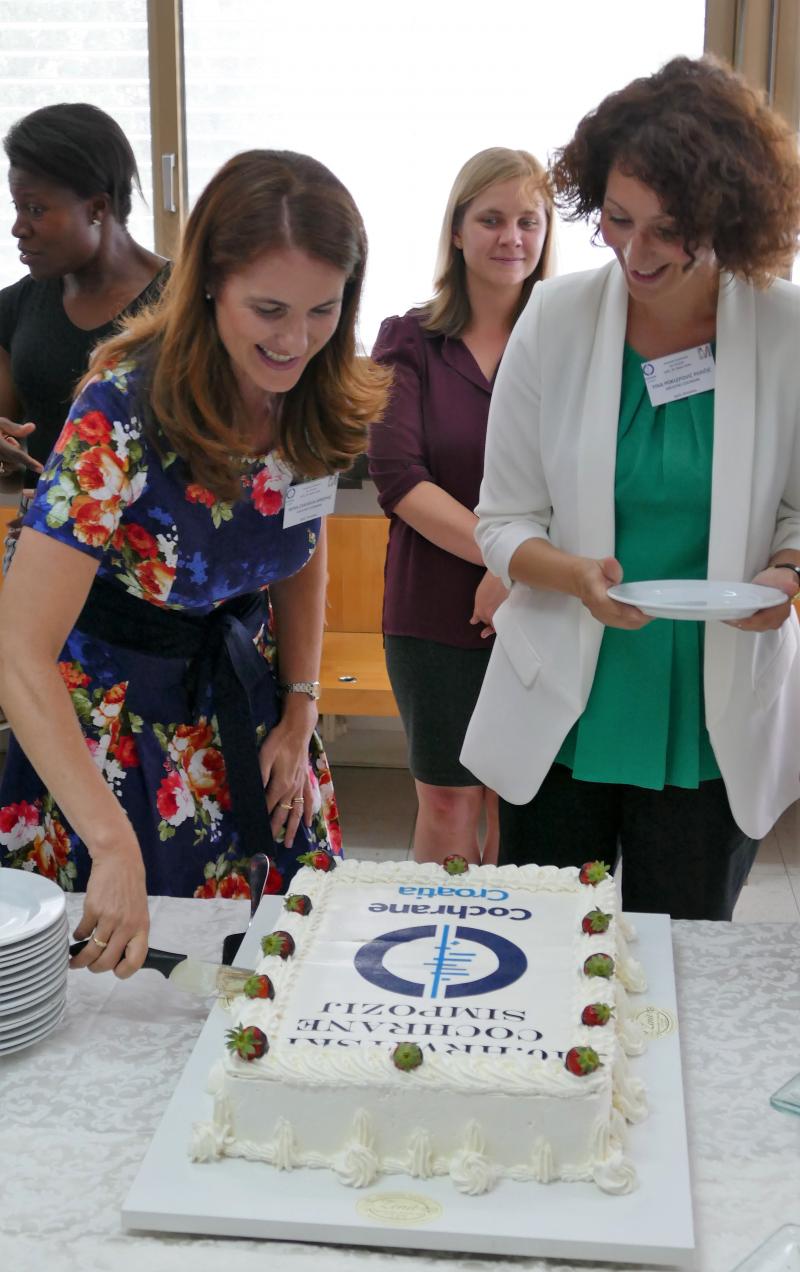
The afternoon was reserved for practical workshops and round tables providing an opportunity for a capacity building strategy to be developed as well as for participants to gain first-hand experience in producing evidence maps and using the SPARK tool for prioritization of systematic review topics in health policy and systems research.

We thank the City of Split and the University of Split School of Medicine for sponsoring this year’s symposium as well as Cochrane South Africa for supporting Prof. Young. We are grateful to all our speakers for their effort, time and generousity and look forward to future collaborations.
Irena Zakarija-Grkovic
Co-Director,
Cochrane Croatia





